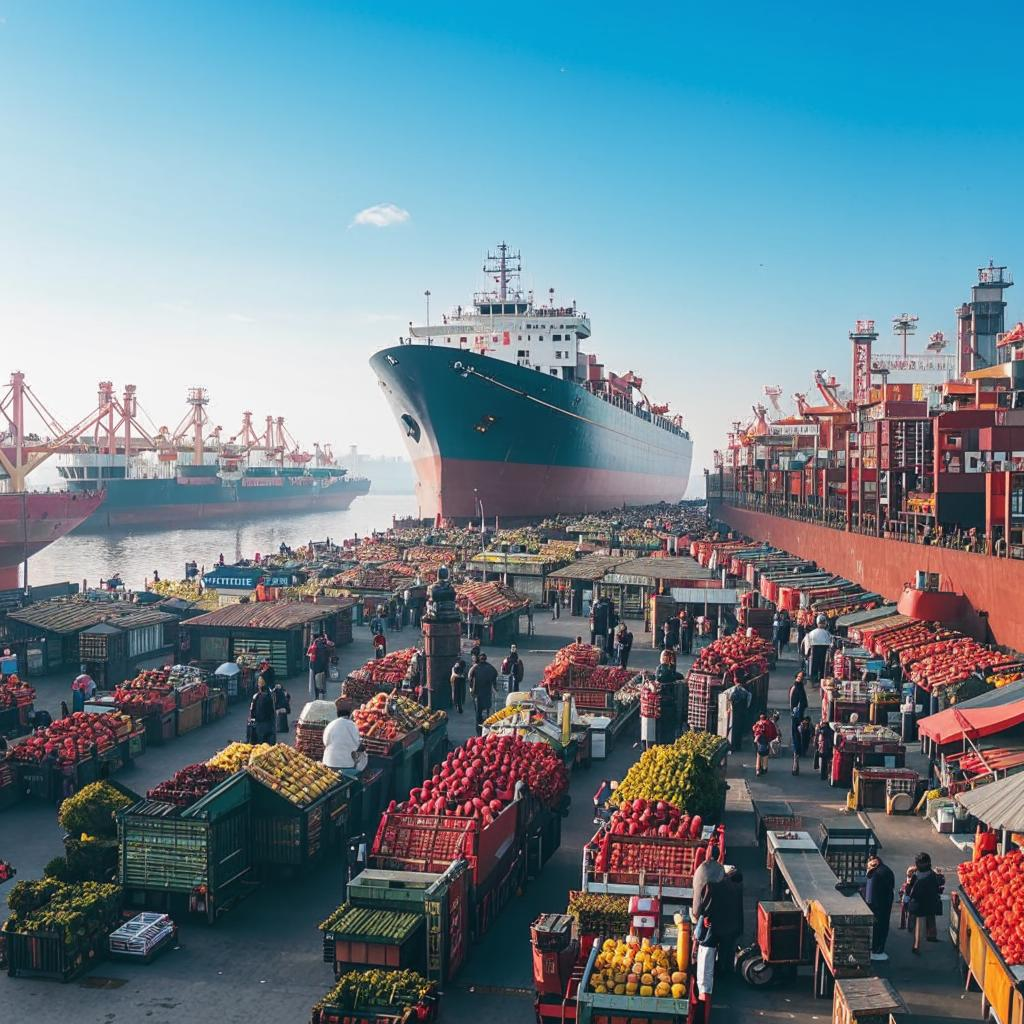Russia’s economy is bracing for potential turbulence as oil prices face a significant downturn. The nation’s reliance on oil revenue makes it particularly vulnerable to fluctuations in the global energy market. However, Russia’s established budget rule, designed to shield the economy from such shocks, may offer a buffer against the worst impacts.
The budget rule operates by diverting excess oil revenue into a sovereign wealth fund when prices are high. This accumulated wealth can then be deployed to support the economy during periods of low oil prices, mitigating the need for drastic spending cuts or increased borrowing.
The effectiveness of this rule is currently being tested. While it provides a safety net, the severity and duration of the oil price slump will ultimately determine the extent of the economic impact. Analysts are closely monitoring Russia’s fiscal response and the performance of its sovereign wealth fund.
The situation presents both challenges and opportunities for Russia. While low oil prices could strain government finances, they may also incentivize diversification of the economy away from its heavy dependence on the energy sector. The government will need to carefully manage its resources and implement policies that promote sustainable growth in other industries. The coming months will be critical in determining Russia’s economic resilience in the face of this challenge. The ability to adapt and innovate will be key to navigating the uncertain economic landscape. Russia has prepared for this scenario, but time will tell if it is enough.















